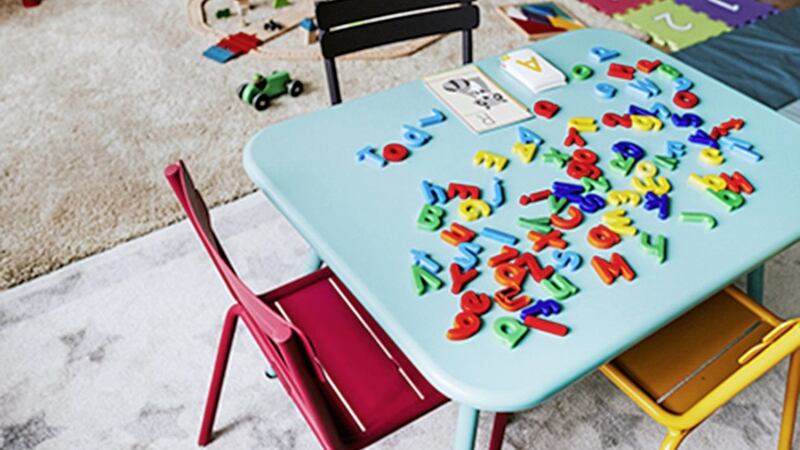LIBERAL Democrats have called for the age youngsters start formal schooling to be raised to seven in an "historic change" in Scotland's education system.
Until then, Lib Dems want children to have a "truly play-based" education.
The party insists the change could be part of improving Scotland's education, tackling the attainment gap and giving pupils the best start in life.
The issue was being raised at Holyrood after Scottish Liberal Democrat leader Willie Rennie used his party conference speech to call for every available teacher to have a guaranteed job, in a bid to cut class sizes and boost learning after the coronavirus pandemic saw school closures and disruption to learning.
The issue has also been raised by ministers in the north.
In Northern Ireland, parents are to be given flexibility to delay sending their children to school under plans being brought forward by the education minister.
Those who feel their children are not ready to start at age four will be allowed to defer entry.
Peter Weir told the assembly that he planned to introduce legislation on the issue and it is hoped this can be introduced before the end of the current mandate.
Parents and campaigners have roundly endorsed the plans.
Charity TinyLife said children born prematurely would be happier, more confident and academically successful if their due date, rather than birth date, was used for school entry.
If flexible school starting age was made law, it said, it would have a huge impact for years to come.
Like Northern Ireland, children in Scotland can start primary school when they are just four or five years old.
Liberal Democrat education spokeswoman Beatrice Wishart said this practice dated back to the Victorians.
She insisted that raising the starting age for formal schooling was "an important part of our plans for the next Parliament to make Scottish education the best again".
Ms Wishart set out the party's "commitment to making education truly play-based until the age of seven".
She insisted education will "still be mandatory" under their proposals, but would "focus on child development, social skills, outdoor learning, and physical and mental health".
"Countries excelling in education and equity show that this approach better prepares children to shine in literacy and numeracy,"Ms Wishart said.
"They might start a bit later but they quickly surge past us. By learning together through play, children develop the critical skills needed for better long-term development and outcomes. I want Scotland's children to get the same long-term benefits."
The Liberal Democrat continued: "The best way to close the attainment gap is not to open it in the first place.
"The Victorians didn't give us the best way to start school. Now we have the SNP conducting national testing of four and five-year-olds against the will of Parliament.
"Scottish Liberal Democrats will always be the party of education. It's time for a historic change to give our children the best start in life."
::
COMMENT
NORTHERN Ireland has a school starting age of four, the youngest in Europe.
Children normally start in the September of the school year after their fourth birthday. If their birthday is between July 2 and August 31, they do not start until the following September.
Research has found the younger a child starts school, the greater the risk of them developing behavioural problems and speech and language difficulties.
Young-for-year children who start P1 just weeks after their fourth birthday are being diagnosed with sensory and physical issues at a higher rate than their older classmates.
Experts point out that the current inflexible system means that, every year, some start inappropriately early.
They say this may well handicap them throughout their school career.
In 2014, the Department of Education revealed plans to introduce flexibility. It was proposed that parents should have the right to request a year's deferral where they believed it would be in their child's best interests.
This was later halted by then education minister John O'Dowd who said there was not enough time to pass the legislation.
Peter Weir is attempting to squeeze similar laws through before the current assembly mandate ends.
It is suggested that children born in May, June, or on July 1, prematurely or as part of a multiple birth stand to benefit most.
Campaigners are hopeful, saying so many children, particularly young for year or born prematurely would have benefited from delaying school.
Now, young people in a similar situation in the future might have better outcomes.








